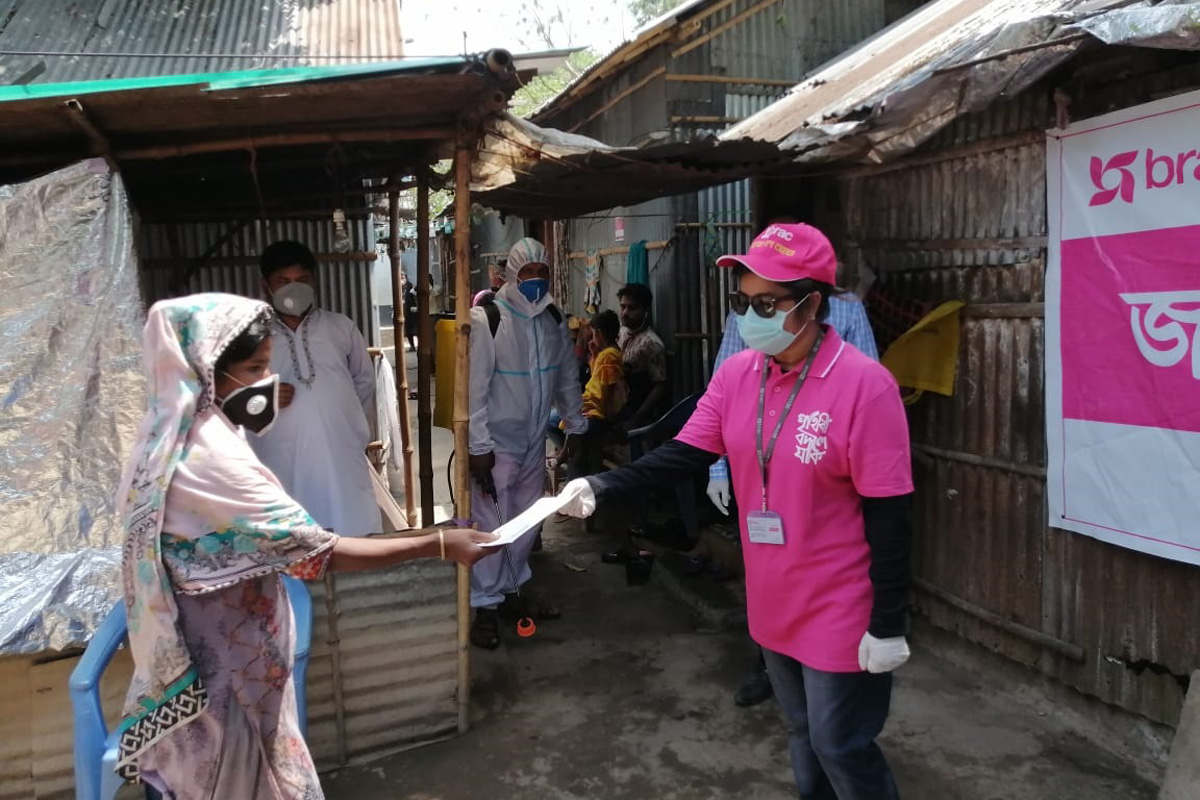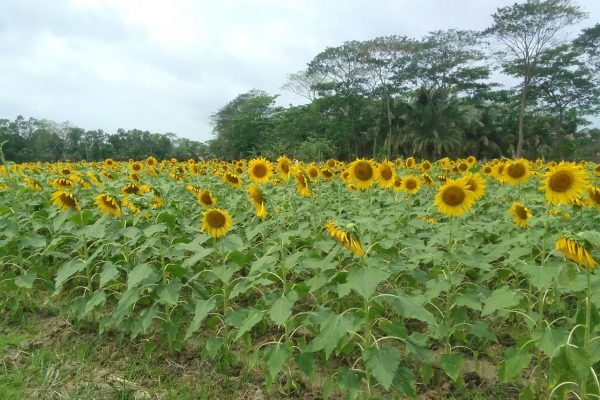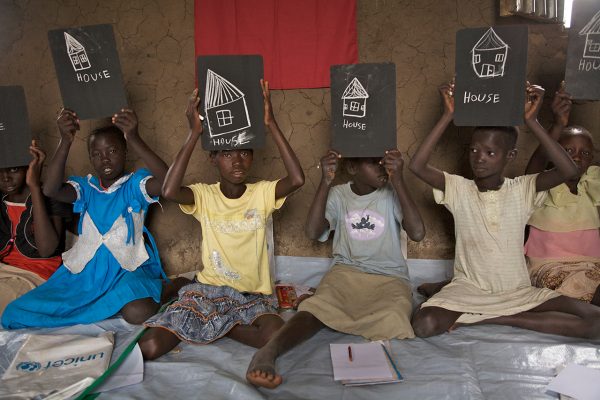COVID-19: Update from Asif Saleh (17 April 2020)
Reading Time: 2 minutes
The number of cases of COVID-19 in Bangladesh is exponentially rising. Lockdown continues. BRAC has completed the first phase of providing cash support to 100,000 families. The second phase started on 15 April with the aim of reaching 100,000 more families.
Read the latest on the situation in Bangladesh and BRAC’s response.
Dear colleagues, partners and friends,
Bangladesh is experiencing an exponential rise in identified cases.
We saw the highest one-day spike in both cases reported (341) and deaths (10) yesterday, 16 April. The total number of cases now stands at 1,572 and the total number of deaths at 60. A total of 2,019 samples were tested across the country in the last 24 hours. The majority of the infected cases (81%) are in Dhaka. The government has declared that Bangladesh is now at risk, under the Infectious Disease (Prevention, Control and Elimination) Act 2018.
More tests continue to be carried out, but the testing rate in Bangladesh remains the second-lowest in Asia.
BRAC is working with the Directorate General of Health Services to start a Kerala-style kiosk-based sample collection centre in Bangabandhu Sheikh Mujib Medical University hospital and in Narayanganj on a trial basis.
The first death of a doctor from COVID-19 in Bangladesh was reported. 100 healthcare professionals, including 54 doctors, have been infected to date. Healthcare providers continue to be hesitant about treating COVID-19 patients due to the unavailability of protective equipment and proper guidelines on usage, maintenance and disposal.
Bangladesh is in the 21st day of economic shutdown. Dhaka and Narayanganj remain areas of high risk. Large areas in the cities and identified hotspots, including over 15 districts, continue to be under lockdown. The ‘general holiday’ has been extended until 25 April, and people have been instructed not to leave their homes after 6pm.
Despite restrictions, hundreds of workers in the ready-made garments sector took to the streets in Savar on Monday, 13 April, risking infection to demand salaries that have been due for months.
Income of the country’s low-income group has fallen by 70% following the countrywide shutdown – this was revealed by a joint PPRC-BIGD rapid response survey.
On 14 April, the Government of Bangladesh announced that it will support 15 million families living in poverty with cash to help them survive the lockdown. On 16 April, the Prime Minister added that 5 million more people will be eligible for receiving ration cards to assist families in vulnerable situations.
Working in close coordination with the government and community-level organisations, BRAC has provided a total 154,739 families with cash support of BDT 1,500 (USD 18).

BRAC completed the first phase of providing cash support to 100,000 families on 14 April. We started our second phase on 16 April with the aim of reaching additional 100,000 families, with a focus on rural and hard to reach ultra poor, people with disabilities, host community in Cox’s Bazar and indigenous communities in the Chittagong Hill Tracts.
BRAC will continue to prioritise the most vulnerable – the elderly, pregnant or lactating mothers, people with disabilities, women-headed households, people living in ultra-poverty and those who are not receiving support from any other sources.
Please see details on the current situation and our work in the latest situation report.
Asif Saleh is the executive director of BRAC Bangladesh.





